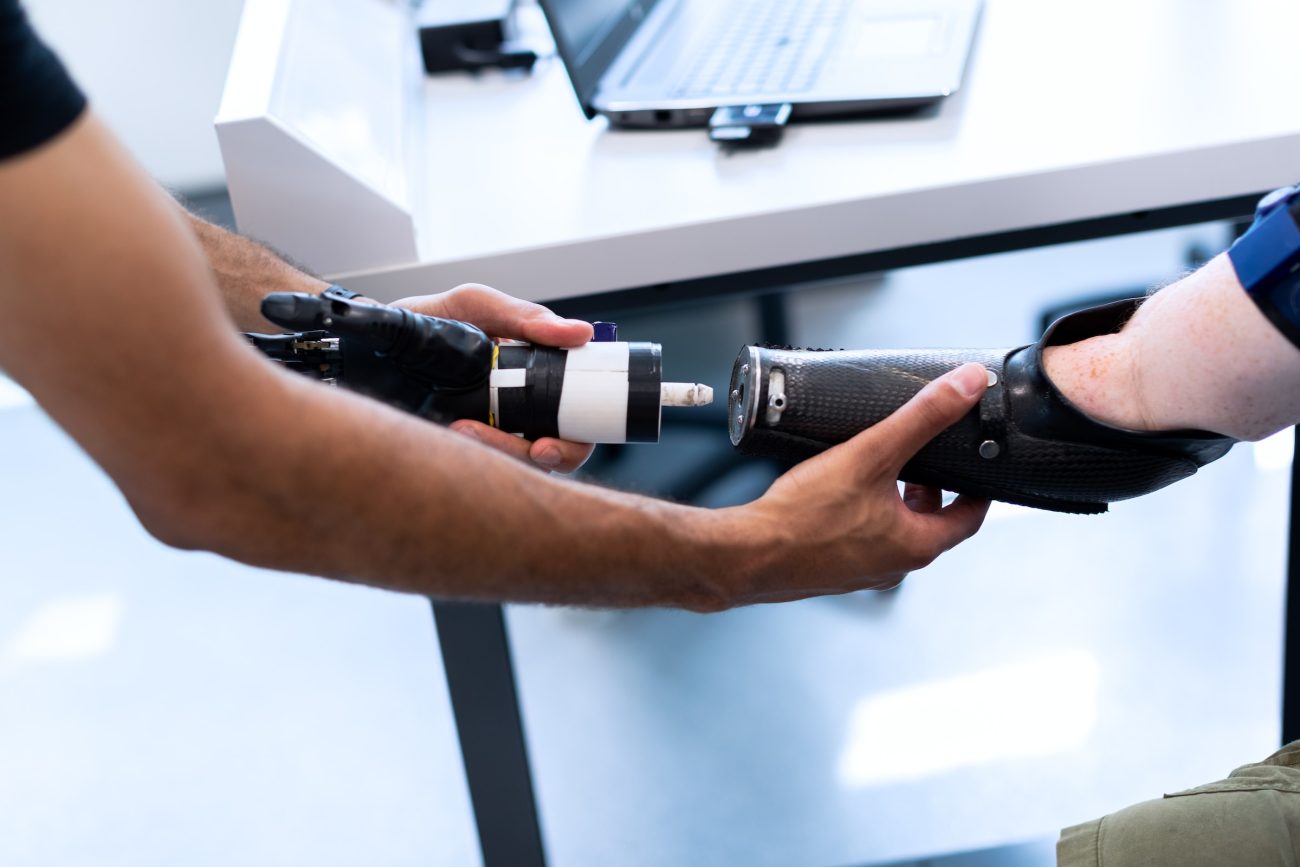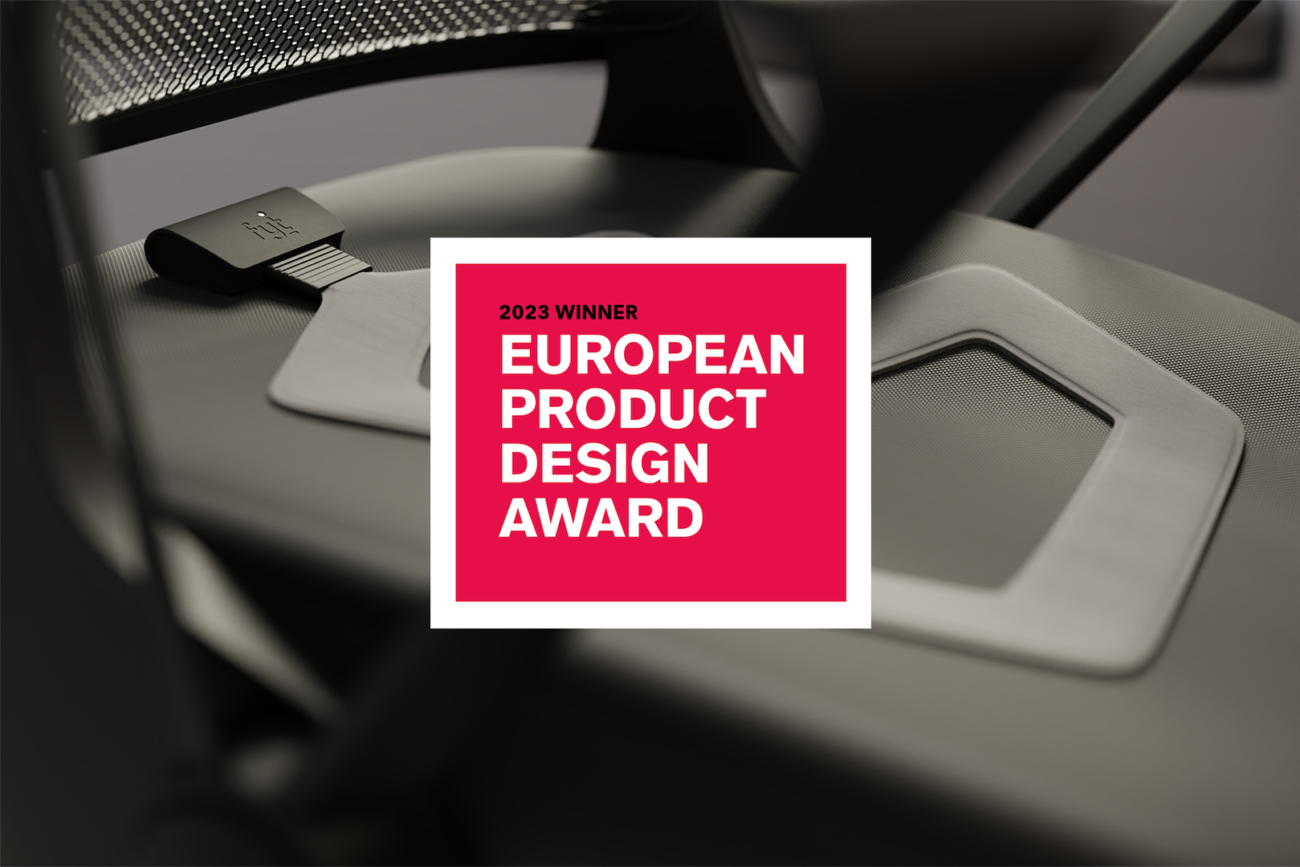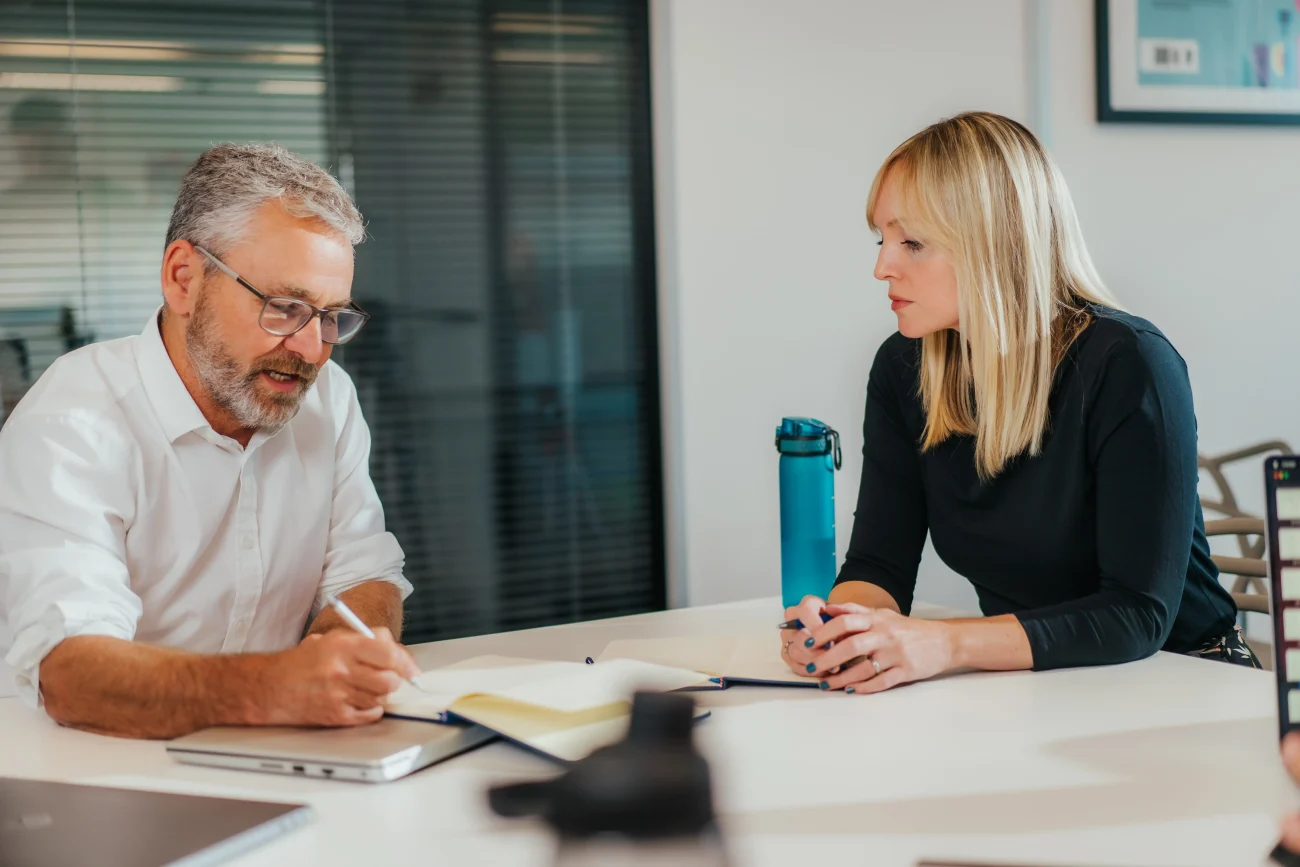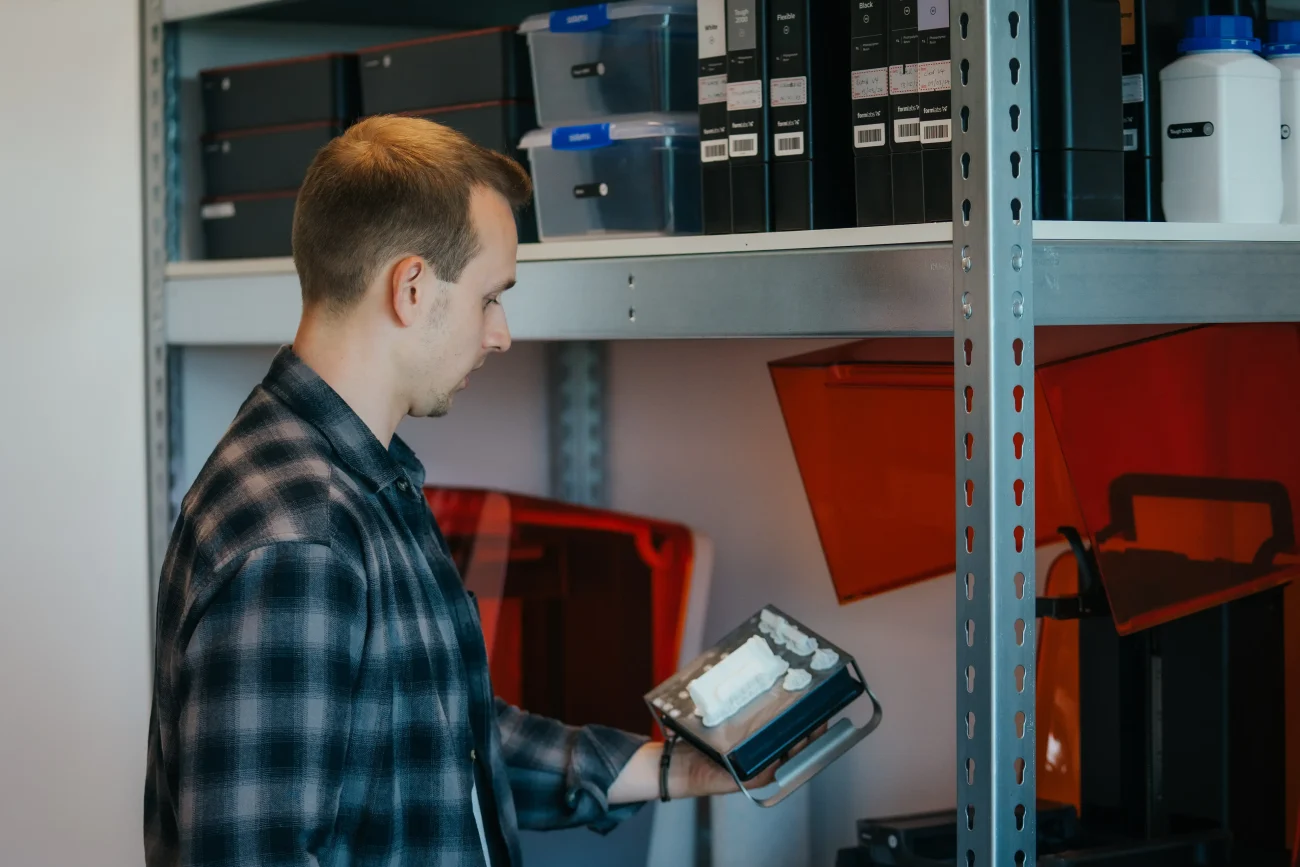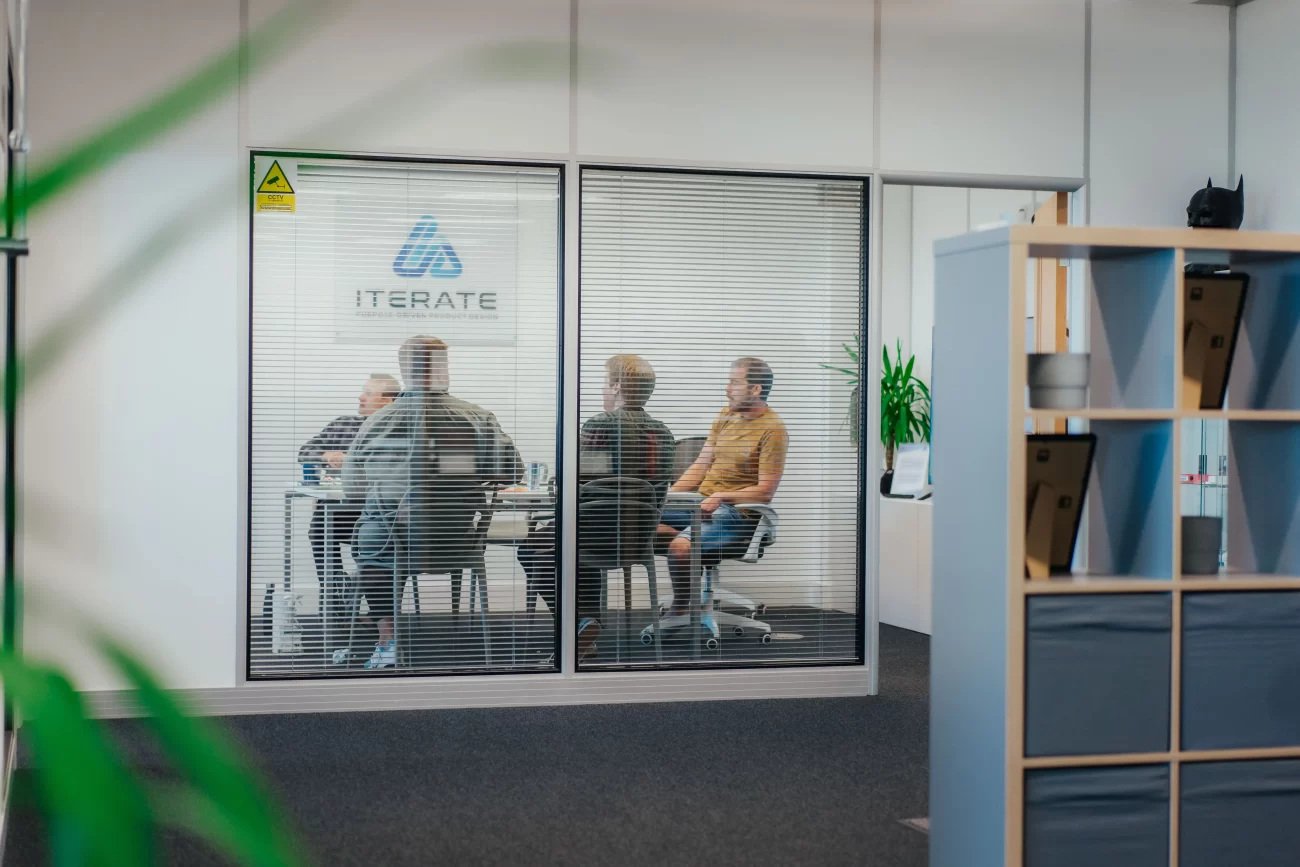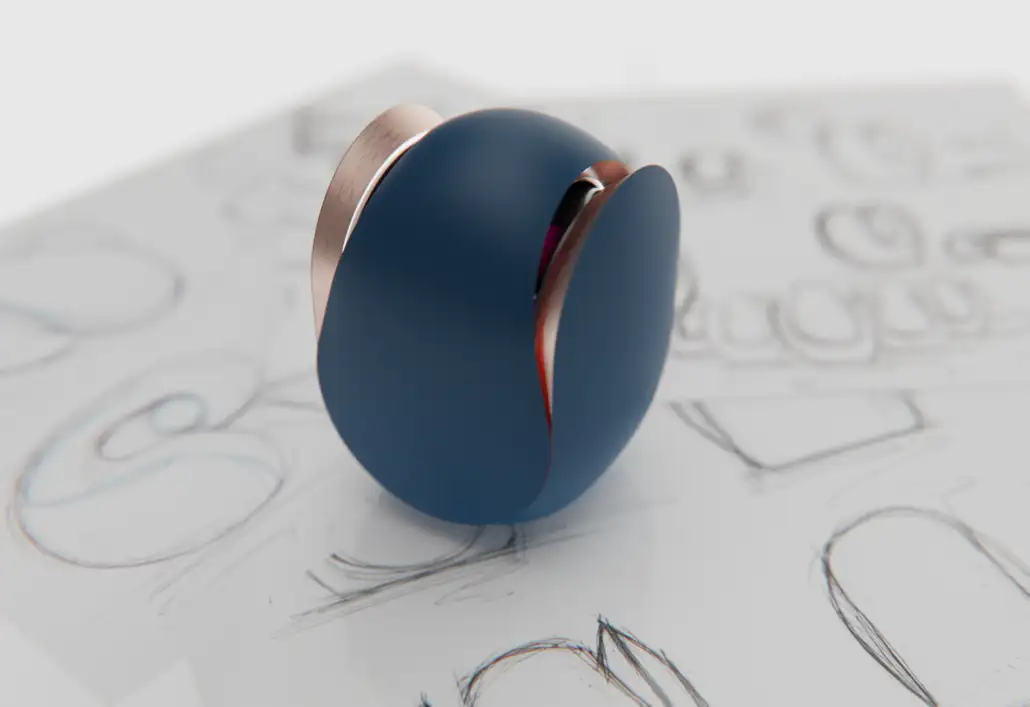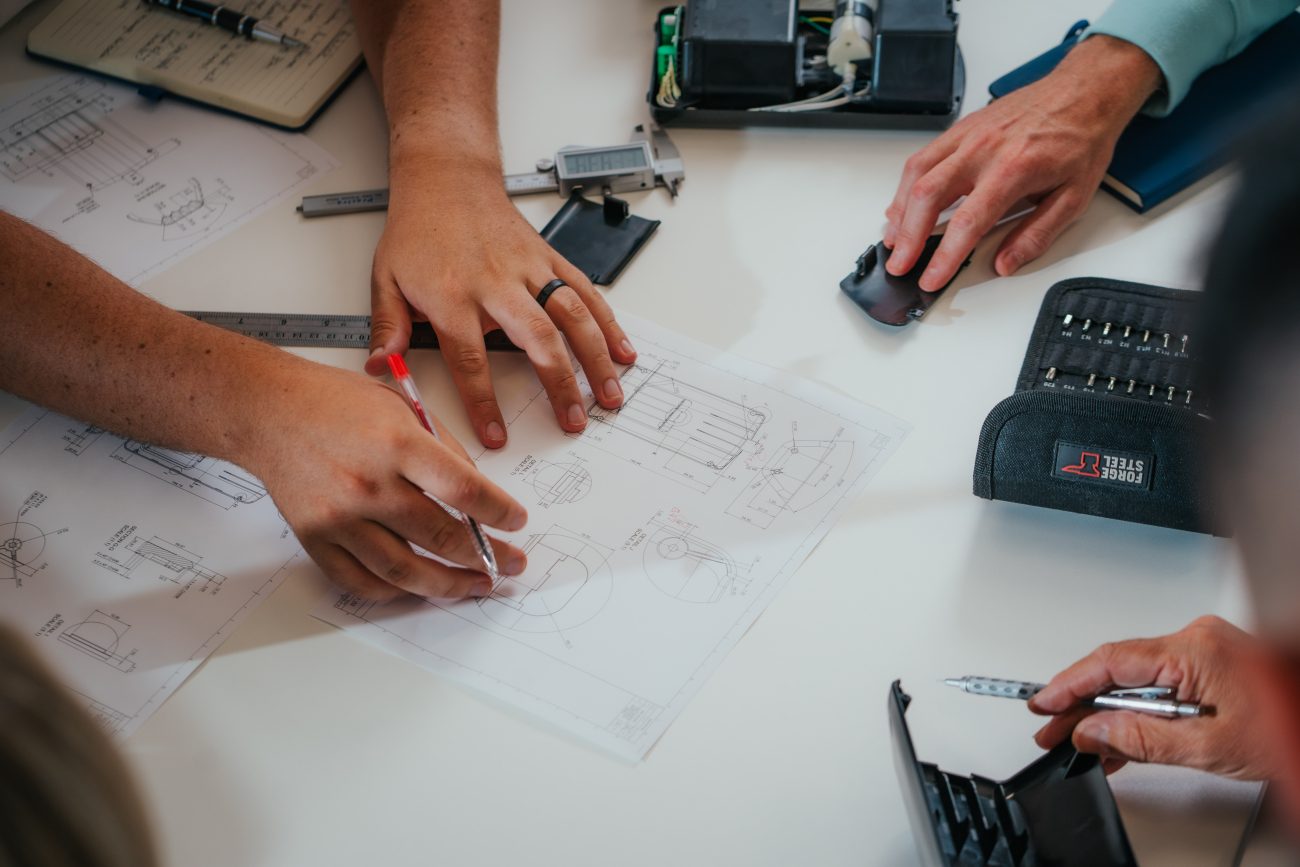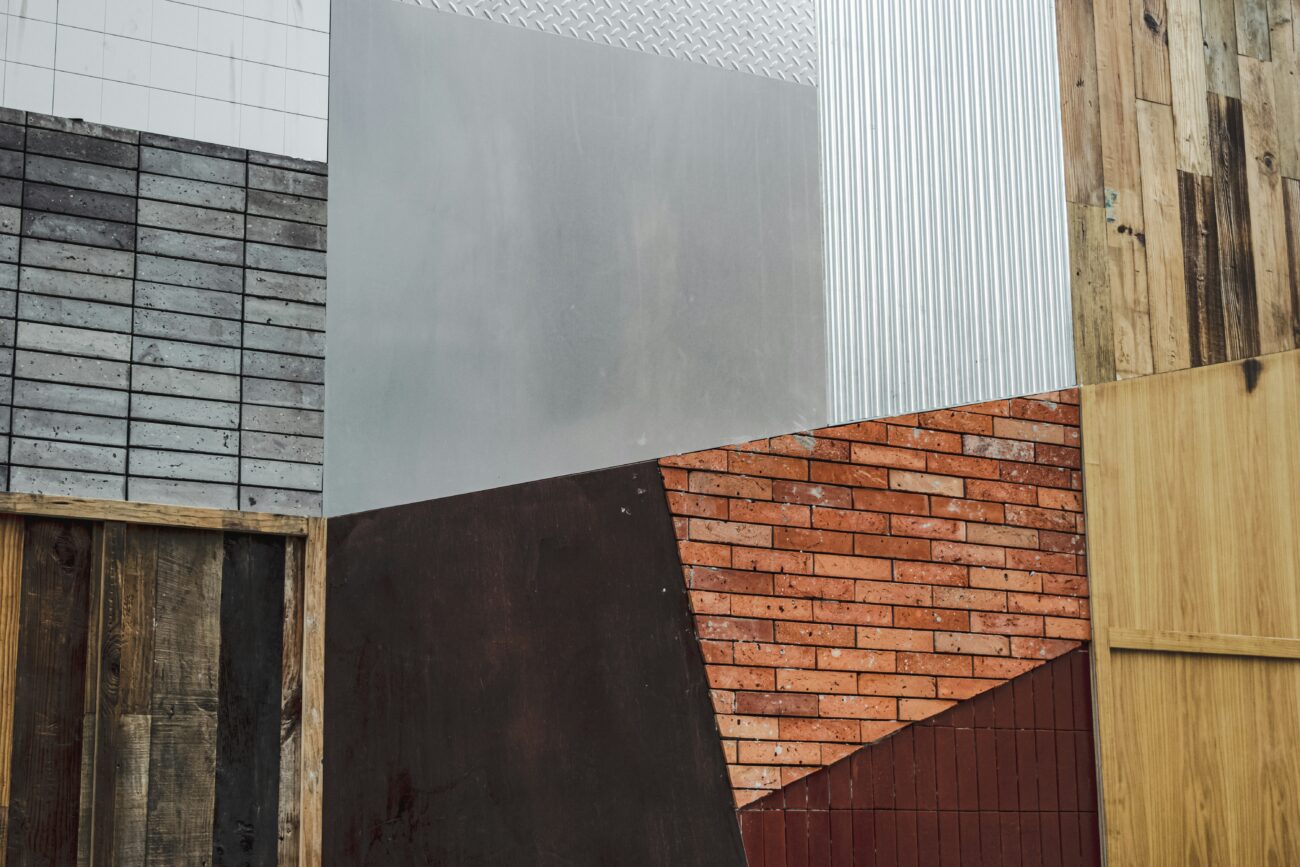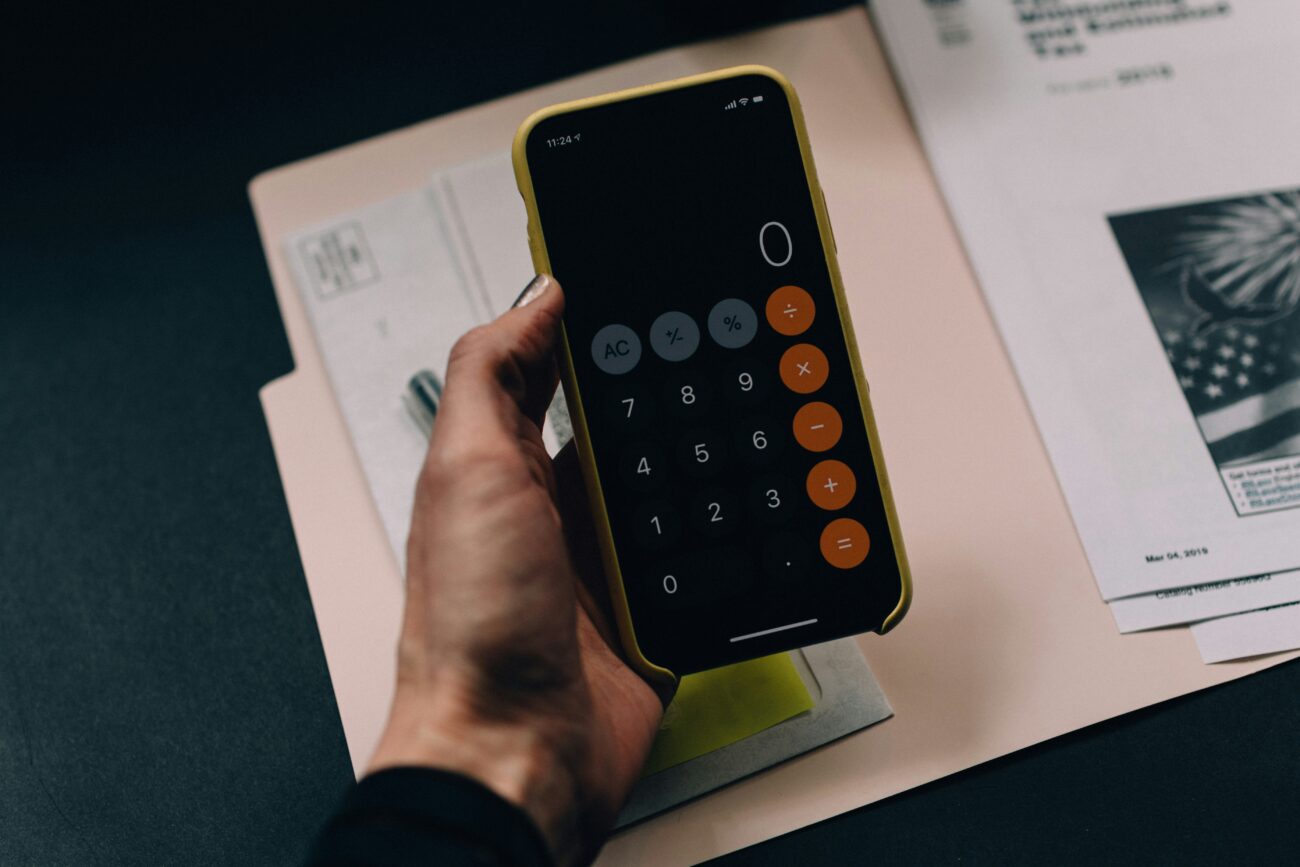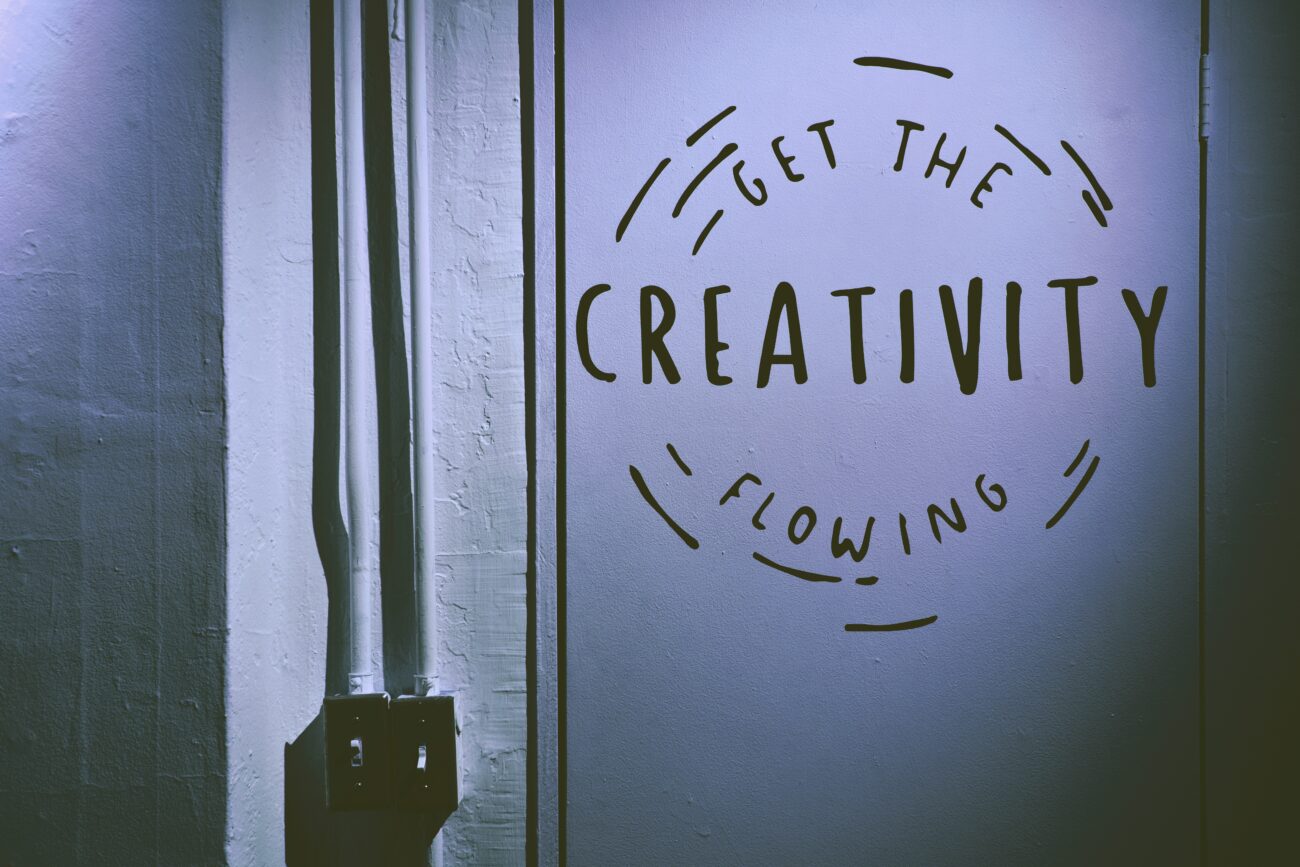Considerations for Launching
a Medical Technology Company
Launching a medical technology company to introduce a new product into the healthcare industry is a journey filled with challenges and opportunities. The potential to make a significant impact on patient care and the healthcare landscape is immense, but it comes with a host of considerations. In this blog, we will explore essential factors to contemplate before setting up a company in this sector to develop a new medical technology product.
Is your Work Life Balance, Balanced?
A business’s most important resources are their human resources – its people. It is no secret that there is a direct correlation between a company’s productivity levels and the positive well-being of its staff. People are more proactive when they are motivated and have a positive mindset. So, in a nutshell, a happy workforce makes for a happy boss!
Careers.
We are an established UK-based product design consultancy, and even though we have been running for over 10 years, we remain ambitious and focussed on growth. Our aspirations are fixed on supporting companies at home and overseas who see value in our unique approach to both product design and business. Because we know that every organisation is only as good as its people, we are always interested in hearing from talented individuals who want to join our team.
Please reach out – we would love to hear from you!

